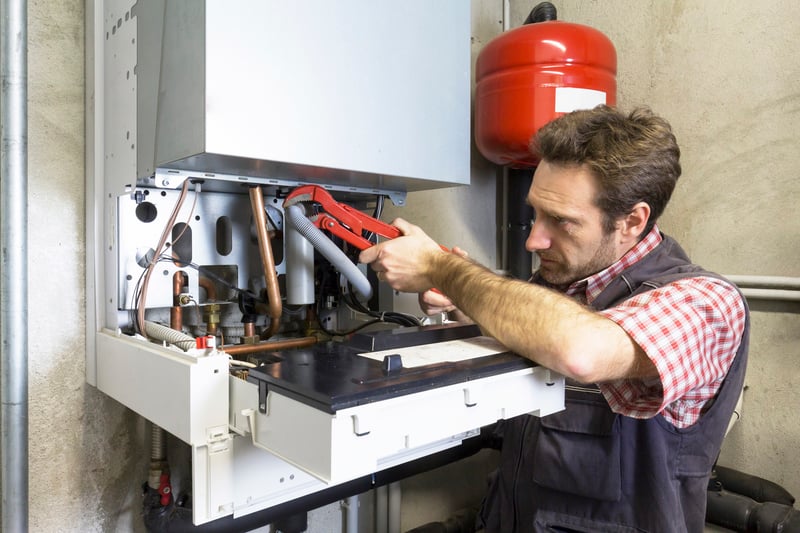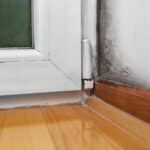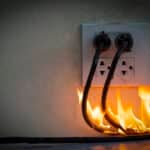Make Sure the Value is Correct
A home inspection is not the same as an appraisal. An appraisal will evaluate the home’s value based on general features of the home and market conditions, whereas a home inspection focuses on the home’s condition. Serious defects in the home can affect its value.
Sellers must disclose problems they know about, but they may be unaware of more serious issues like a cracked foundation or an addition not built to code. A home inspection will reveal these problems so that you aren’t paying more than the home is worth.
Uncover Health and Safety Risks
When you walk through the house, you might not notice problems that can pose health and safety risks. A home inspector is trained to look for signs of asbestos, mold, or plumbing issues. Water leaks can attract pests into your home.
A home inspector will also check for electrical problems and unseen dangers in your heating and ventilation system. A bad furnace can cause deadly carbon monoxide leaks. The home inspector will also test for radon, a gas that occurs naturally and can cause lung cancer over time.
Give You Bargaining Power
During a home inspection, if serious problems are found that will lead to costly repairs or lower the value of your home, you may be in a position to negotiate a remedy. One option is to ask the seller to pay for the cost of repairs.
You may also ask for a cash credit to cover the cost of making repairs. In some cases, the seller may agree to accept a lower selling price. Finally, if the home inspection uncovers defects you think are unacceptable, you may pull out of the sale, but you may lose your earnest money or other fees.
Before you sign on the dotted line, get a home inspection. The fee you pay will be worth it. A home inspection will give you peace of mind that you are buying a home that is in generally sound and safe condition.
Check out this article on three deadly mistakes every home buyer should avoid!






